Interpretations
The fact that both the National Curriculum in England and the national assessment objectives that frame public examinations at GCSE and A-level include a focus on ‘historical interpretations’ (plural) as well as referring separately to students’ own use of evidence – makes it very clear that there is an important distinction between the disciplinary concepts of ‘evidence’ and ‘interpretations’. While the former is concerned with students’ use of sources to develop their own interpretation of events; the latter is concerned with students’ exploration and explanation of how and why interpretations developed by historians differ from one another. (Both have a critical role to plan in students’ historical learning – and both need to be carefully planned!) Giving students the confidence and the knowledge to handle competing interpretations is undoubtedly challenging, but the materials in this section show how careful planning within and across the key stages (including Key Stage 3) can help students of all ages to engage effectively with interpretations examining the relationship between historians’ accounts (in books and on television) and the particular questions that they have chosen to answer, as well as the sources on which they claim to have drawn. Read more
-

Passive receivers or constructive readers?
ArticleClick to view -

Polychronicon 114: interpretations of Oliver Cromwell
ArticleClick to view -

Polychronicon 118: interpretations of Henry VII
ArticleClick to view -

Polychronicon 122: The Gunpowder Plot
ArticleClick to view -

Polychronicon 127: The Crusades
ArticleClick to view -
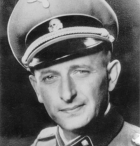
Polychronicon 141: Adolf Eichmann
ArticleClick to view -

Polychronicon 142: 'instructive reversals' - (re)interpreting the 1857 events in Northern India
ArticleClick to view -
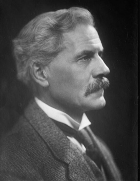
Polychronicon 144: Interpreting the 1930s in Britain
ArticleClick to view -
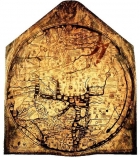
Polychronicon 146: Interpreting the history of 'big history'
ArticleClick to view -
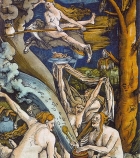
Polychronicon 147: Witchcraft, history and children
ArticleClick to view -
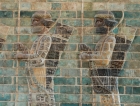
Polychronicon 149: Interpreting the Persian Wars
ArticleClick to view -
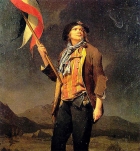
Polychronicon 150: Interpreting the French Revolution
ArticleClick to view -

Polychronicon 151: Interpreting the Revolution of 1688
ArticleClick to view -

Polychronicon 152: Changing interpretations of the workhouse?
ArticleClick to view -
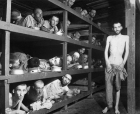
Polychronicon 153: Re-interpreting Liberation: the end of the Holocaust?
ArticleClick to view -

Polychronicon 154: Elizabeth I
ArticleClick to view -
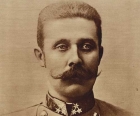
Polychronicon 155: Interpreting the Origins of of the First World War
ArticleClick to view -
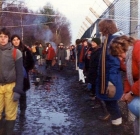
Polychronicon 157: Reinterpreting police-public relations in modern England
ArticleClick to view -

Polychronicon 158: Reinterpreting Napoleon
ArticleClick to view -

Polychronicon 159: Interpreting Magna Carta
ArticleClick to view

